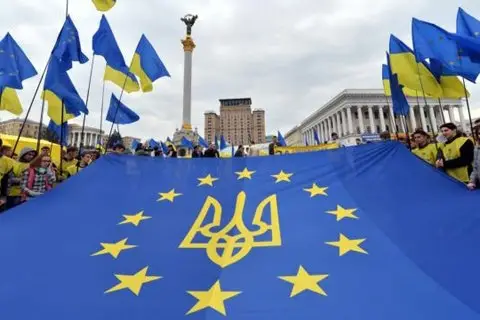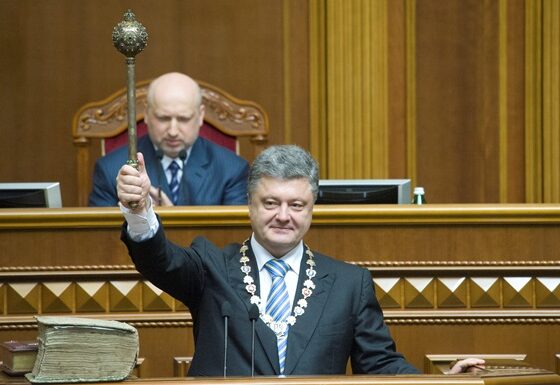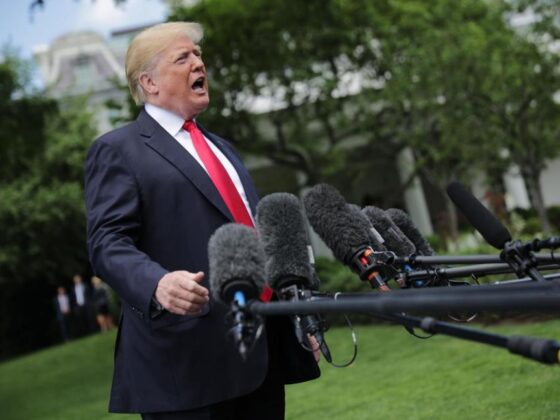(WP) The journal Post-Soviet Affairs recently published a special issue on politics and identity in Ukraine. The question of Russian vs. Ukrainian identity has been central to the study of Ukrainian politics for decades now, but especially so since the “Euromaidan” protests of 2014, Russia’s subsequent annexation of Crimea, and continued violent conflict among Ukraine, Ukrainian separatists and Russia-supported forces in the southeast. With this in mind, I spoke to one of the guest editors of the special issue, Olga Onuch, associate professor in politics at the University of Manchester and author of “Mapping Mass Mobilizations: Understanding Revolutionary Moments in Argentina and Ukraine” (Palgrave Macmillan, 2014). What follows is a lightly edited version of our conversation.
– – – – – – –
Most of the time when we hear discussions of identity in Ukraine, the focus is on language: Russian language speakers and Ukrainian language speakers. Has language continued to be a central marker of identity since Euromaidan?
Political scientists have long debated whether the language someone speaks is part of an identity that informs whom they vote for, whether they participate in protests and what policies they support.
But, yes, there is heightened awareness of ethnic and linguistic identities now. Arguably, Russian President Vladimir Putin is the one who, in 2014, really hyped the idea that Russian speakers formed a specific political group that preferred to secede from Ukraine and needed Russia’s protection. That left observers wondering if ethnolinguistic identities were the push factor that explained support for secession. […]
Read More © Monkey Cage blog/Washington Post











